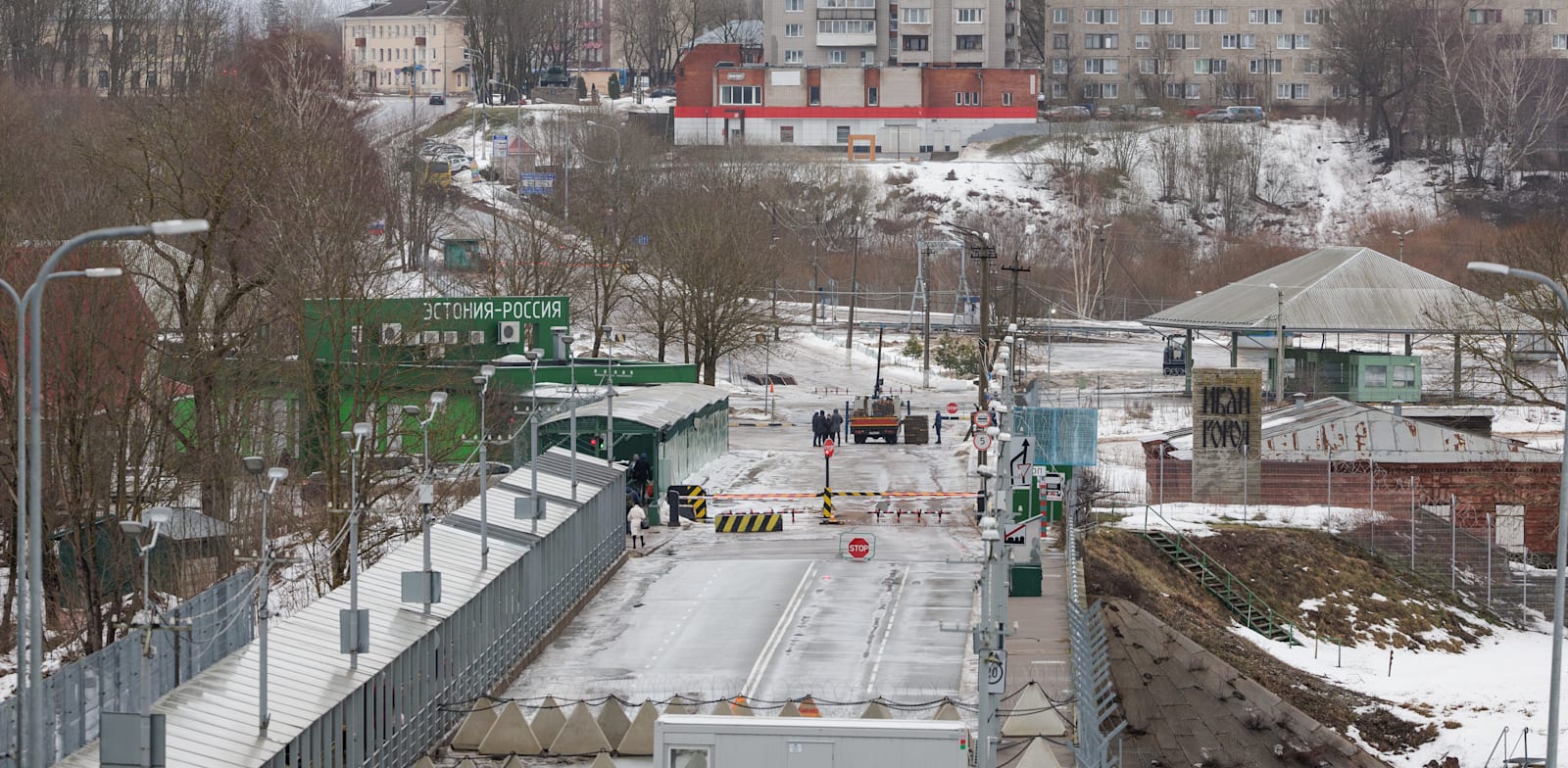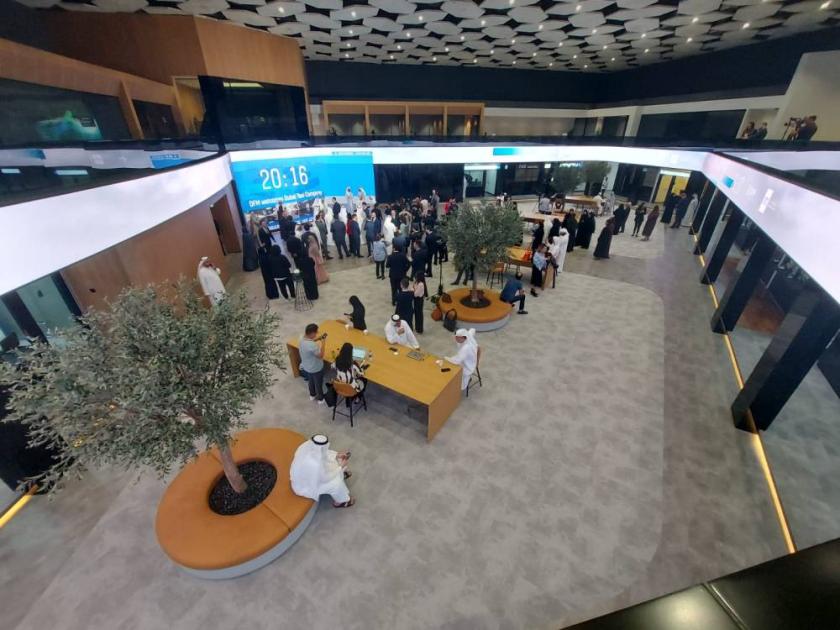In the bustling city of Narva, located just a few steps from the Russian border, Russian influence remains strong despite Estonia’s efforts to integrate its Russian-speaking community with its own society. The city is the third largest in Estonia and almost everyone here speaks Russian as their mother tongue. One in three residents holds Russian citizenship instead of Estonian, and back in 1993, before Estonia joined the EU and NATO, Moscow-backed members of the Narva Council organized a referendum on regional “autonomy,” aligning with Russia. Although residents supported the proposal, Estonia rejected it as a threat to its independence.
Since then, tensions between Estonia and Russia have continued to simmer, with the border bridge over the Narva River closed to vehicles since February due to deteriorating relations. Anti-tank concrete pyramids now line the once bustling route where locals traveled to get Russian fuel, symbolizing the danger that lies ahead. Signs at the Estonian border crossing ask people coming from Russia to report security threats to Estonia.
Months after Russia’s invasion of Ukraine in 2022, tensions escalated further when Russian President Vladimir Putin declared Narva – home to just 53,000 residents – historic Russian land. His government also issued an arrest warrant for Estonian Prime Minister Kaia Kalas for ordering the removal of Soviet soldier monuments in Tallinn. Concerns about a potential attack on NATO members like Estonia have grown in Europe and America, leading to increased aid for Ukraine and efforts to strengthen defenses in the Baltic states.
Despite these challenges and potential threats, life goes on in Narva with residents facing uncertainties about their future. The stronghold of Russian culture remains unwavering but efforts are being made by local authorities to integrate the city’s diverse population into Estonian society while respecting their cultural heritage. As tensions continue to simmer between Russia and Western countries like Estonia, residents must navigate this complex landscape while trying to keep their families safe amidst political uncertainty.
In response to these challenges, NATO has deployed ground troops from member nations into Baltic states including Estonia since 2017 but there is concern that these forces may not be enough if there were a full-scale military attack from Russia.
Estonian officials are working tirelessly both militarily and diplomatically to prepare for potential challenges from Russia while addressing concerns about a potential attack on NATO members like themselves.
While life in Narva continues with uncertainty about what lies ahead for this strategic city located just across from Russia’s borders; however it is clear that its strong ties with Moscow will continue even as tensions rise between Moscow and Western countries like Europe and America.


